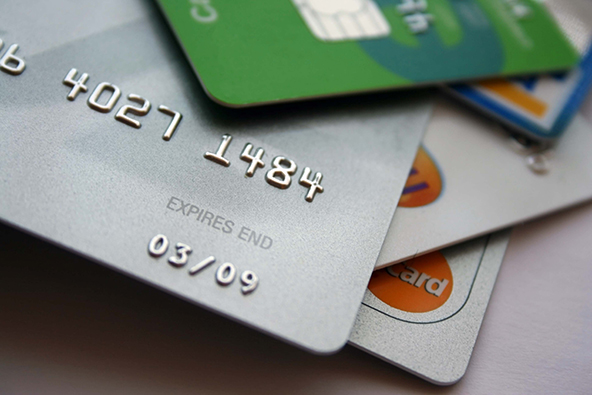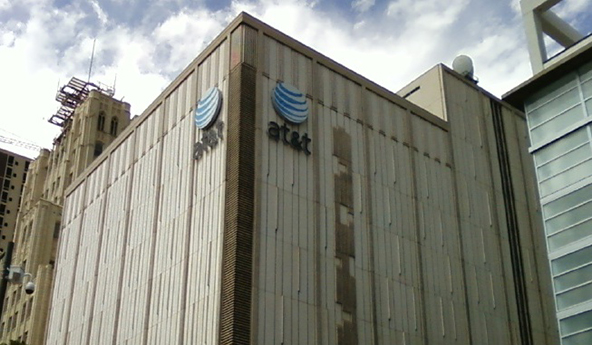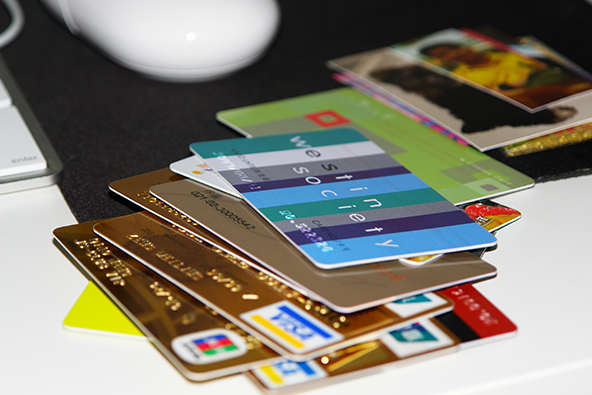How to Manage Chargebacks Resulting from Processing Expired Cards

Visa’s chargeback Reason Code 73 and its MasterCard equivalent Reason Code 4835 are used by card issuers to designate chargebacks resulting from processing credit and debit card transactions where both of the following two conditions are present:
- The payment was made with an expired card and
- The transaction was not authorized.
It should be noted that, if a merchant processes a card-not-present transaction using a card that expired before the transaction date, but the issuer approved the authorization request, the issuer is responsible for the transaction.
A critical point in determining the validity of such chargebacks is establishing the transaction date. For the purposes of Reason Codes 73 and 4835, the transaction date is the date on which the cardholder first presented the card to the merchant. However, for hotel, cruise line, airline or car rental transactions, the applicable transaction date is the date on which the cardholder first checked into the hotel, boarded the cruise liner or aircraft or rented the car, not the date on which the booking was made.
What causes these chargebacks? As the above description implies, Reason Codes 73 and 4835 occur when a merchant does not follow best card acceptance practices and accepts a payment from a card that is past its expiration date and did not obtain an authorization approval from the issuer.
How to manage such chargebacks? Your response to Reason Code 73 and 4835 chargebacks will depend on the particular transaction circumstances and the actions you have taken (or not) so far.
- The card was not expired in a key-entered transaction. In such cases you should send a copy of the sales receipt to your processor. The chargeback is invalid regardless of whether authorization was obtained. For key-entered transactions, the expiration date should be on the manually imprinted copy of the front of the card, which should also be sent to your processing bank, along with the sales receipt.
- The card was expired, the magnetic stripe was read and an authorization was obtained. If you had processed an expired card, for which both the magnetic stripe was read and an authorization was obtained, inform your credit card processing bank. As indicated above, the issuer is responsible for such chargebacks.
- The card was expired, the magnetic stripe was not read and an authorization was obtained. If you had processed an expired card for which the magnetic stripe was not read but an authorization was obtained, send a copy of the sales receipt to your processor with the manual imprint of the front of the card, and ask them to include the authorization log in the re-presentment.
- The card was expired and no authorization was obtained. If you had processed an expired card for which no authorization was obtained, there is no remedy and you should accept the chargeback.?áDo not process a credit at this time, as the?áchargeback has already performed this function.
How to prevent chargeback Reason Codes 73 and 4835? Prevention of these chargebacks is entirely within your control and once again adequate training of your sales staff is the most effective tool at your disposal. A simple but very effective preventive measure is to check the expiration date of the card, presented by the customer, and to not accept payments if the card has expired. You should ask for an alternative payment method instead.
Image credit: Raymondviger.wordpress.com.


